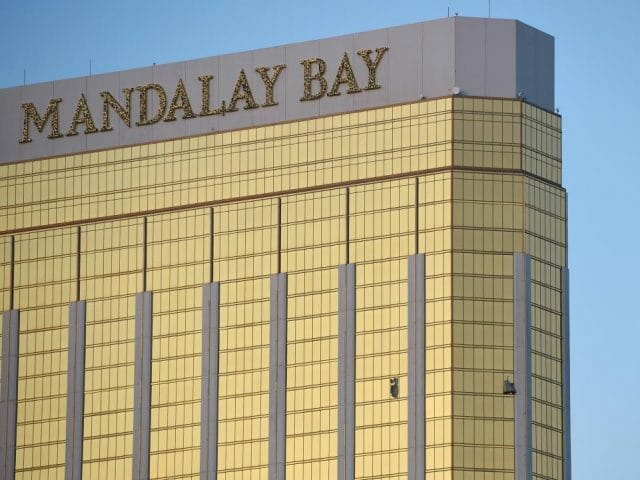How to Talk to AI
The real skill is clear thinking, not prompting or context

A lot of people, including @BayoumiMoustafa writing for the Guardian, are saying it’s racist not to call the Vegas gunman a terrorist.
Listen to the audio version of this essay.
The argument is that if this were a black person, or a Muslim, they would have been labeled a terrorist immediately. The position is particularly specious given the amount of racism going around right now, but it’s a red herring for a very specific reason.
Too many people are confusing terrorism with violence. Most terrorism is violent, but not all violence is terrorism. Here are three major definitions of the word.
That one clearly calls out political aims.
This one again says, in pursuit of, meaning for a purpose.
…and this one says politically motivated.
So you don’t have terrorism just because you have violence. Terrorism is violence with a goal. If there’s no goal (and no message describing that goal) then it’s not terrorism—no matter how horrific.
The reason violence commited by Muslims is often called terrorism is because Muslims who commit said violence often directly attribute their actions to their religious beliefs, e.g., by saying, "Allah Akbar" before or while executing bombings, stabbings, and shootings.
This point has been validated by ISIS demanding all suicide bombers write their motive on pieces of paper so that everyone will know it was for Islam and for ISIS.
Get a weekly breakdown of what's happening in security and tech—and why it matters.
That’s a message (we’re doing this in the name of God). That’s a goal (we will defeat the infidels). That’s terrorism.
If the Vegas shooter had done what he did in the name of a racist movement, or anti-government, or religion, it would have been terrorism as well. Dylan Roof, for example, was absolutely a terrorist because he had a racist ideology (complete with manifesto) and his actions were in line with that ideology. But so far we have nothing of the kind from Vegas.
What was the Vegas attacker telling us? Don’t listen to country music? Don’t go to Vegas?
It so far seems that there was no message, and that means—no matter how horrible it was—it cannot be considered terrorism.
This doesn’t necessarily diminish its horror or damage.
So the next time this happens, and you’re inclined to get upset because something is not being labeled terrorism when it should be—ask yourself a simple question: Was there a political goal or message being furthered by the attacker?
If not, you just have violence.
That doesn’t mean it’s less bad. It doesn’t mean we don’t look for a cause. It doesn’t mean we don’t try to prevent it from happening in the future. But it does mean that we don’t have terrorism, and therefore that we don’t have to worry about others doing the same thing, in the same way, in order to further that cause.
Mar 25, 2018 — Let’s add the Austin bomber to this list as well. This is a person that was likely damaged by fundamental Christianity and homeschooling, but he doesn’t appear to have been carrying out a manifesto, someone’s orders, or even trying to communicate a message. Terrorism is designed to change behavior, and if you have no message then you’re not committing terrorism.
Mar 21, 2021 — I’d also add that the clearer the message, and the more associated that message is with an organized movement, the more dangerous and frightening the terrorism. It’s possible for a particular tactic, or target, to be part of a larger ideology, but for it to be used independently from that or any ideology. For example, attacking a particular minority group as part of a personal or isolated campaign, unrelated to a larger organized movement.